School readiness: focus on the essentials
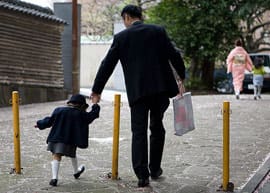
I was asked to write a “blog”. I eagerly agreed and then stopped to think…what’s a blog? So I had a look at a few other “bloggers” and discovered that a blog is a place to think out loud and share those interesting reflections on the mystery of life and work and whatever else may provoke a response from the rest of the world.
And so I begin my first “blog” and ask my readers to be gracious!
The latest debate on “School Readiness” has provoked a range of responses and perspectives. When I first heard the phrase I became irritated by what I initially perceived as an attempt to introduce more formal strategies earlier and earlier. And I began to wonder which bit of school we were supposed to get children ready for…nursery, Reception or statutory school age, or Year 1? This is a question I have thrown out on numerous training courses and there seems to be a consensus that it is about children being healthy, happy, confident, independent etc. and not about being able to write their name, recite the alphabet and count to 20!
A South African perspective
My mind goes back to the two years I spent working in a rural school in South Africa. The school used an English medium individualised learning programme allowing children to learn at their own rate. However, we recognised that many of the children starting school had never been to school, could not relate to the American images and concepts and couldn’t speak or read English. Many of them had never seen a book or held a pencil and their most pressing needs were clothes to wear and food to eat.
And so we needed to rethink our pre-school provision. Pre-school was for any child that had not yet attended school and age didn’t come into it. School was not yet compulsory for all children and so we had children of 5 or 6 working with those of 8 or 9. We ensured their physical needs were met, giving them nutritious meals and suitable clothing and supported their acquisition of English in partnership with staff from the local community. We explored practically some of the themes they would encounter on the main school programme and provided opportunities for learning the skills they would need. They played, drew pictures, made things, sang and danced, listened to stories and learned to love books.
The Prime areas of learning and development
Putting the needs of children at the heart of what we do is paramount. Strong foundations at the start are essential. The Prime areas of learning and development help us to focus on what is important: Communication and language, Personal, social and emotional development, Physical development. A Year 5 teacher on a recent course had a light bulb moment recently when I explained about the Prime areas. All the children she worked with who were on IEPs and had special educational needs were struggling mainly in the Prime areas and yet she was spending all her energy on their maths and literacy. There was a stunned silence in the room…
So that’s my first attempt at a blog…I may not have got it right at the start, but my plea is to get it right from the start for the children we work with.
Judith is an inspiring and motivating trainer who combines theory and practical hands on experiences successfully to create an unforgettable day. You can download her consultancy leaflet here.
Comments
Leave a Reply
Popular Teaching Resources
Stay Up To Date
Sign up for our newsletter and we’ll let you know when we create new early years resources.
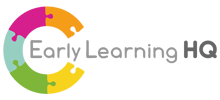
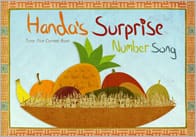

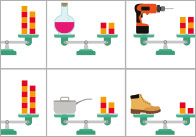

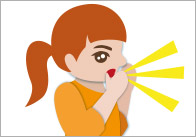
Brilliant first blog!!! may it be the first of many!!!
This reminds me of our work with the Traveller children in Luton, many of whom had either never been to school before, or only infrequently. Schools were great at helping them to adjust to the things that everyone takes for granted and never question: lining up, putting hands up before you ask a question, etc. Interestingly enough, several of the children who had never been to school before picked up phonics very quickly when they were aged 8. What does that tell us?
Michael Jones
A very motivating and inspirational first blog; just what we need during a time of funding cuts which affect the work of those of us who are trying to get it right from the start, and making us rethink how we can achieve this. I have worked as a Speech and Language Therapist with Sure Start Children’s Centres for the past 10 years and have seen first hand the positive outcomes for Prime area Communication and Language when we get support and advice in as early as possible with families from areas of disadvantage.
Really good Judith and I do agree on so many counts.